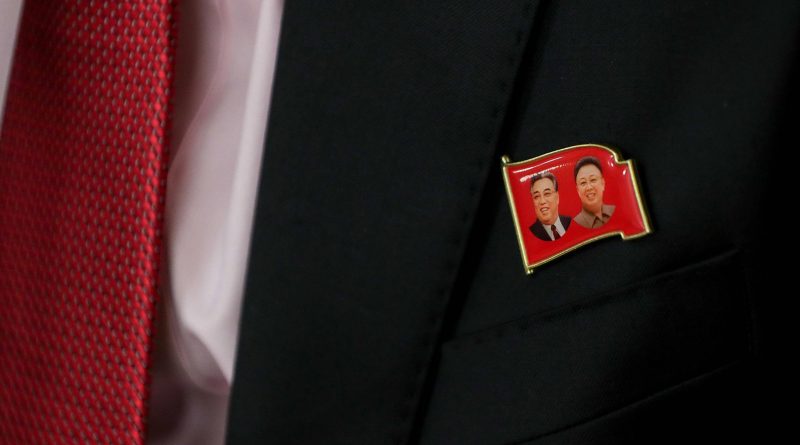High Profile North Korean Official Defects to South
Drew Starbuck
Staff Writer
In November 2018, senior diplomat Jo Song-gil of North Korea disappeared from his post as acting ambassador to Italy with his wife without notice. AP News reports that his location had remained unclear until now. The two left just before Jo’s term as acting ambassador ended, and are now reportedly living in South Korea, states Al Jazeera. The Italian Foreign Ministry released a statement explaining that “ it had received a notice from the North Korean embassy that Jo and his wife had left the embassy on November 10,” reports CNN. The statement furthers that four days later Jo’s daughter requested that she return to North Korea to be reunited with her grandparents.
If these reports are true, this would be the highest profile government official to defect from the North Korean regime since the defection of Thae Yong-Ho, the former deputy ambassador to the United Kingdom who fled to South Korea in 2016, states CNN. According to the New York Times, Jo has been secretly living in South Korea since July 2019. The story was broken by lawmaker Ha Tae-keung, a member of the intelligence committee in the Korean National Assembly, in an effort to avoid stirring up the media. A spokesperson for the intelligence committee chairman of the National Assembly, Jeon Hae-cheol, explains that the South Korean government did not announce Jo’s defection until now out of concern for the safety of his family back in North Korea, according to CNN.
Criticism of the press came quickly from Thae Yong-Ho, another North Korean defector, who released a statement urging media outlets to refrain from exposing the arrival of Jo into South Korea for fear of reprisal against Jo’s daughter in North Korea. Defectors state that North Korea routinely punishes entire families for the acts of a single person, especially those who defect or support anti-regime activity, reports CNN. Those who leave the North say their relatives are often sent to prison camps or used as propaganda tools for the regime.
The long-standing issue of defection has been a constant source of tension between Pyongyang and Seoul. According to AP News, around 33,000 North Koreans have fled to South Korea since the late 1990s to avoid political suppression in the North. Many have criticized the defection groups’ actions as unnecessarily increasing tensions in the inter-Korean relationship. Others say these issue led to Pyongyang’s decision to destroy the inter-Korean liaison building in Kaesong, Al Jazeera reports. In June, North Korea’s army threatened to re-enter the areas of the Korean Demilitarized Zone, the border that separates North and South Korea, after defector groups in the south sent propaganda leaflets encouraging people to defect and cross the border, states Al Jazeera.
South Korea’s current leader, President Moon Jae-in, has taken a conciliatory approach to their northern neighbor and seeks to improve relations. He has called for the re-establishment of the liaison building and a resumption of talks, despite the stall in nuclear disarmament negotiations between the United States and North Korea. This approach has gained much criticism from Thae Yong-Ho, who rose to political power as a member of the conservative opposition United Future Party as the first defector to represent a district and be elected to South Korea’s Parliament, states NBC.
His denunciation of President Moon’s policies and administration comes from an insider’s understanding of how the North Korean government’s political suppression of all opposition. Thae has compared North Korea to a big prison, NBC reports, asserting that any attempts at reconciliation with the DPRK will only prolong the suffering of ordinary North Koreans.



